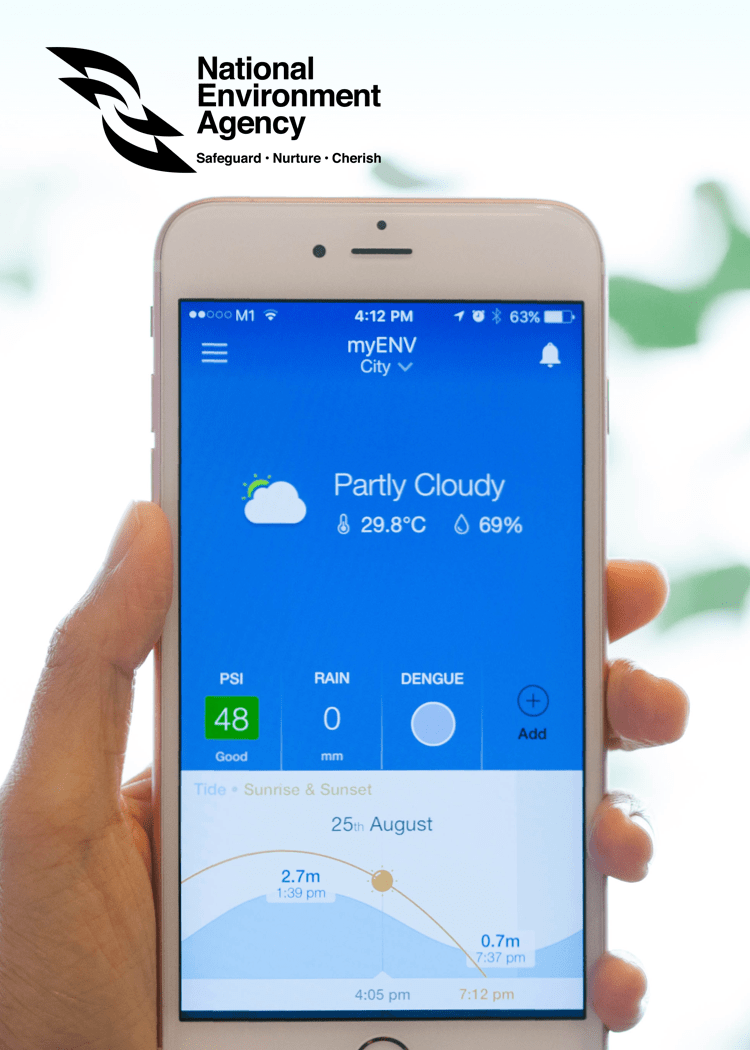blog
Boosting User Engagement: Innovative Approaches for Mobile Apps
By Mohan S Business App development August 29, 2023

A well-thought-out mobile app engagement strategy is essential for success before you work on app development. With millions of apps vying for users' attention, retaining and engaging them is more challenging than ever. A thoughtful approach to mobile app engagement can significantly impact user retention, loyalty, and overall app success.
Mobile app engagement strategies are a collection of thoughtfully considered techniques intended to captivate users, promote active participation, and create enduring connections with the app. Users who are genuinely interested in an app are more likely to use it frequently, which directly affects app retention rates and ultimately increases customer loyalty.
Strategies to Boost Mobile App Engagement
1. Make a Good First Impression
For mobile app engagement and retention, creating a positive first impression through a well-designed and simple onboarding process is necessary. The onboarding process introduces the user to the app and sets the tone for their overall app usage. Users are more likely to understand the app's value proposition and continue exploring by keeping the onboarding process straightforward and emphasizing the app's core features.
In the onboarding process, personalization and interactive elements can improve engagement by making users feel important and involved. Multimedia and visual elements are included to increase the app's appeal.
A good user experience also includes providing in-app support and incentives for finishing onboarding. The onboarding procedure is continuously improved through A/B testing, ensuring that app owners can make a significant impact.
2. Smooth Out the Sign-Up Process
To increase mobile app engagement, the sign-up process must be quick and easy. Long and difficult registration processes may deter users from using the app to its full potential.
App developers should put an emphasis on ease of use and simplicity during the sign-up process to address this. By allowing users to sign up with social media accounts or with just one tap, barriers to entry can be significantly lowered, and users can quickly access the app without having to create new credentials.
App owners can encourage more users to finish the registration process, which will increase user engagement and adoption rates right away, by implementing user-friendly sign-up methods.
3. Develop a Push Notifications Strategy
Building a thoughtful push notification strategy is key to increasing user engagement with mobile apps and retaining users. Push notifications offer a chance to engage users once more and entice them back to the app.
Striking a balance is essential in order to prevent users from being overburdened with pointless or excessive notifications. In this case, individualization is essential. App owners can send timely, personalized push notifications that offer users real value by utilizing user data and preferences.
These notifications cater to users' interests and needs, whether it be by reminding them of unfinished tasks, providing them with personalized discounts, or informing them of pertinent content. In addition to increasing the likelihood of user interaction, this personalized approach promotes a positive app experience, encouraging long-term engagement and user loyalty.
4. Optimize In-App Messages
An effective strategy to raise user engagement in the mobile app environment is to optimize in-app messages. Users can communicate directly with you while using the app thanks to in-app messages.
App developers can effectively promote new features, provide helpful advice, and encourage users to explore different aspects of the app by utilizing this channel. Owners of apps can encourage users to engage in worthwhile actions and interactions by strategically sending these messages at appropriate times.
In-app messages act as polite reminders for users to continue using, reading, and exploring the app's features. This proactive approach contributes to the development of a more solid relationship between users and the app, increasing retention and maintaining user engagement.
5. Personalize Communication
A key tactic for increasing user engagement with mobile apps is personalizing communication. Owners of mobile apps can design experiences that are personalized for specific users by utilizing user data and insights.
Personalization demonstrates to users that the app understands their preferences and values their particular needs, whether it be through the delivery of personalized content based on user interests or the making of product recommendations based on previous interactions. This degree of personalization not only encourages a stronger emotional bond between users and the app but also vastly improves the chances of long-term engagement.
Users are more likely to actively participate, explore new features, and continue using the app on a regular basis when they perceive that the app caters to their particular interests, which ultimately results in higher user satisfaction and loyalty.
6. Measure and Improve App Stickiness
A crucial component of any successful mobile app engagement strategy is measuring and enhancing app stickiness. Indicating how frequently users return to the app after their initial visit, app stickiness reflects the degree of user retention and loyalty.
Monitoring important app engagement metrics, such as daily active users (DAU) and monthly active users (MAU), can reveal interesting trends in user behavior. A high stickiness factor indicates a substantial and devoted user base because it shows users value the app's offerings and frequently return for more.
App owners should concentrate on delivering valuable content, responding promptly to user feedback, and continuously improving the user experience to increase the stickiness of their apps. App stickiness can be increased by comprehending what keeps users returning and optimizing the app accordingly.
7. User Segmentation
In order to cater to the diverse needs and preferences of users, user segmentation is a vital approach for mobile app engagement. App owners can divide users into distinct segments by analyzing user interactions, interests, and demographic data.
Delivering experiences that are more personalized and pertinent is possible by customizing engagement strategies for each segment. For instance, certain content, offers, or app features may be more effective for certain segments. App owners can create targeted campaigns and communications that connect with users more personally by understanding the distinctive traits of each user group.
User segmentation gives app owners the ability to maximize their engagement efforts, which raises user satisfaction, boosts interactions, and strengthens user loyalty, all of which contribute to the success of the app as a whole.
8. Loyalty Incentives
For mobile apps, loyalty incentives are a potent tool for increasing user engagement and cultivating a devoted user base. App owners can foster a sense of value and appreciation for their most devoted users by implementing loyalty programs and providing rewards like exclusive content, discounts, or access to premium features.
Users are compelled to continue using the app and to be actively engaged by these incentives. Because they feel appreciated and recognized for their loyalty, devoted users are more emotionally connected to the app. This then results in higher levels of engagement and user retention. Incentives for loyalty not only strengthen relationships with current customers but also draw in new ones who want to take advantage of the program's advantages, which ultimately helps.
9. Retargeting
Retargeting campaigns are essential for re-engaging app users who have stopped using them. App owners can create targeted campaigns that remind users of the app's value proposition and persuade them to return by using personalized ads and clever deep links. These retargeting campaigns provide users with a novel and unique experience that is catered to their interests and preferences.
App owners can successfully pique users' interest and entice them to re-engage by providing seamless ways for users to pick up where they left off, like direct links to pertinent content or previously viewed items.
Retargeting efforts increase the likelihood of users returning and re-establishing a connection with the app by giving them a convenient and personalized experience that makes them feel valued. Retargeting not only gives you the chance to regain lost users, but it also highlights the benefits of the app, which ultimately results in higher user engagement and retention rates.
10. Feedback and Improvement
User feedback offers insightful information about user experiences, problems, and opportunities for improvement. To gain insightful information from their user base, app owners should proactively solicit feedback through surveys, in-app prompts, or customer support channels. Quickly resolving user issues shows a dedication to user satisfaction and promotes a positive interaction between users and the app.
Additionally, by including user suggestions and feedback in ongoing app updates and improvements, the app is kept current and responsive to users' changing needs. App developers can build a devoted and active user base by iteratively improving the user experience based on user feedback. This will encourage users to stick with the app because they will feel heard and appreciated.
Conclusion
A successful mobile app engagement strategy is key to retaining users, increasing their satisfaction, and ensuring the app's overall success. App owners can build a devoted user base that actively interacts with the app's content and features by putting a strong emphasis on user-centric approaches, personalization, and continuous improvement.
The secret to boosting user engagement and ensuring long-term app success is comprehending users' needs and preferences and giving them a seamless and enjoyable experience.




